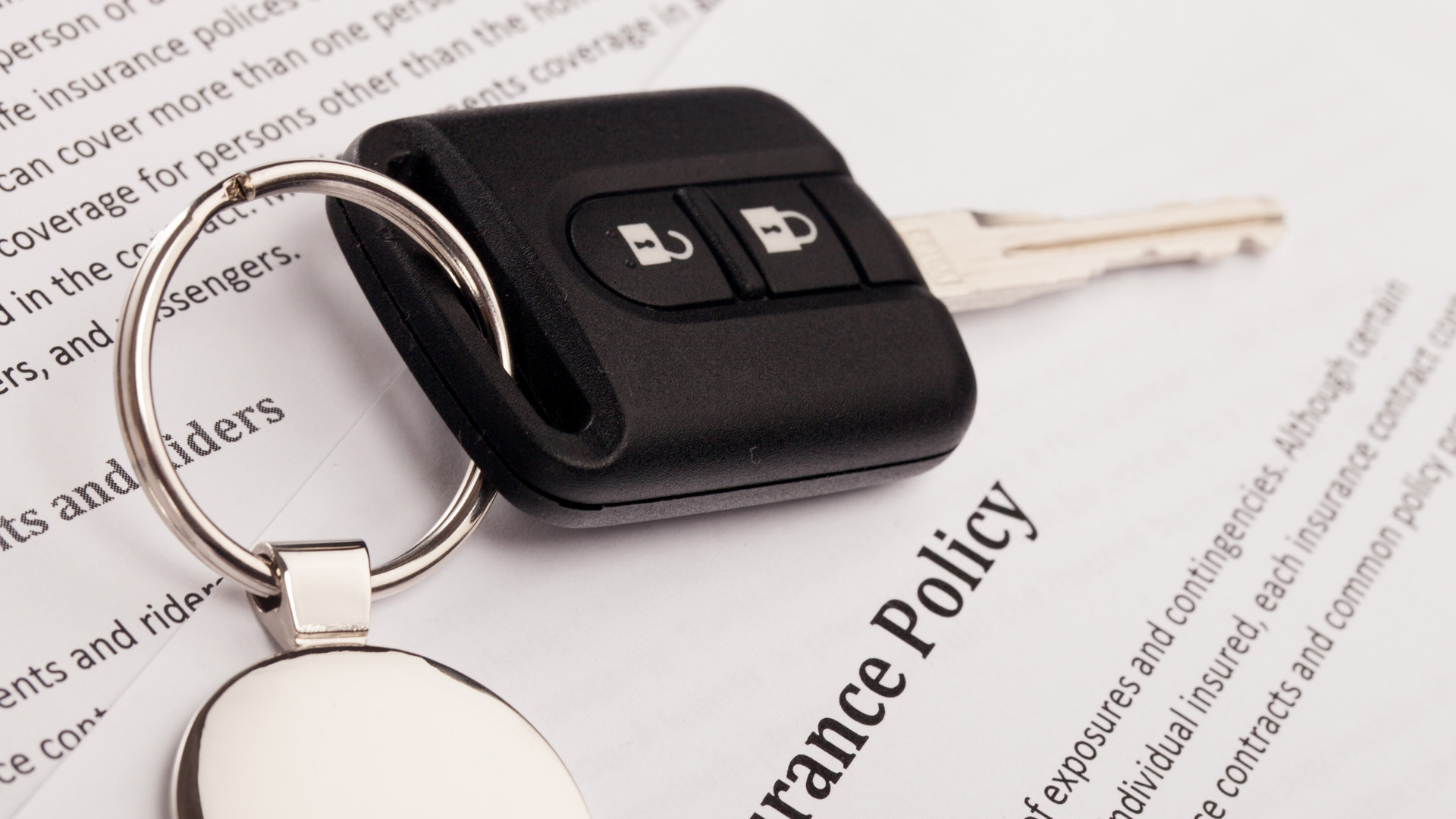Surprise: Your small business probably needs auto insurance
Today's story will be of special interest to business owners where their own car or an employee's vehicle might be used for business purposes. With this in mind, how would you answer this true/false question?
"As long as our personal vehicles are only used occasionally for business-related matters -- such as picking up clients from the airport or making deliveries of things like contracts or other documents -- there is no need to obtain business auto insurance. Our personal auto policies will cover us."
If you said "true," you could be in hot water one day.
Just run that question by Southern California personal injury attorney, author and lecturer Shawn Steel and you'll understand why business auto insurance "can be the single most valuable asset you own if things go horribly wrong," as he says. Steel, who is a friend of this column, is a credit to the legal profession, writing and lecturing on aspects of personal injury practice. He strives to truly help accident victims and also to assure that health care professionals get the compensation owed to them.
Red Flag Warning for Employers and their Employees
It is critical that employers understand the risks they are exposed to when employees use their own vehicles for company purposes. This starts with being aware of the typical limits of liability with personal auto insurance. Most personal insurance liability policies are small, with lots of people only having their state's minimum limit. Those limits don't come close what would be needed to cover any significant injuries, with some states only requiring $15,000 in liability coverage per person.
"In a bad accident with fractures or other serious injuries requiring surgery and hospitalization," Steel points out, "damages could be much greater than the limits of most personal insurance policies. Add to this the real possibility that an employee's policy could exclude accidents that occur while the vehicle is being used for the benefit of the employer. If that happens, both the employee and employer are likely going to be sued, unless the employer has adequate limits of business auto coverage."
Understand the meaning of Course and Scope of Employment
Employers need to understand an important legal concept called Course and Scope of Employment, the following example provided by Steel:
"Bob drives his own car to and from work and one day causes an accident on the way home from his job. His own personal auto insurance will cover him. But anytime he deviates from his route at the request of his employer -- let's say to pick up lunch for the office staff -- then if he has an accident the primary carrier should be the business insurance, not his personal policy."
The incredible value of having business auto coverage was demonstrated in a tragic accident he uses in his lectures for both chiropractors and lawyers. If anything proves the reason to obtain adequate limits of coverage, this one does:
"The client was working in a freeway trash pickup, wearing a bright orange outfit. While doing his job, putting trash in the truck, a speeding car came over a hill and crushed both of his legs, requiring amputation below his knees. The 17-year-old boy driving the car lived with his parents on a ranch. It was the young man's car, in his name and had state minimum liability coverage of $15,000 per person.
"An investigation revealed that on this day -- a Sunday morning -- he was delivering a package of candy for one of his mother's customers, from her store.
"They had business insurance, including business auto, in a million-dollar limit, which the insurance company promptly paid. Lacking that, the ranch and business would have been sued. In addition, the ranch also had insurance -- and a million-dollar umbrella policy covered everyone in the family. Mom's store also had $1 million of coverage.
"This was an example of the family's independent insurance agent truly acting in their best interest, as buying those limits of coverage is one of the best bargains available in the world of insurance. Running a business creates risk, and these risks are amplified when family members or employees use their own vehicles on the job. Companies that are bankrupted -- families losing homes to satisfy large judgments -- these things happen and seldom make it to the front pages of our newspapers."
Adequate Limits for Coverage
Experts recommend a minimum of at least $100,000 per person for bodily injury coverage, and $300,000 per accident, and property-damage coverage of $50,000, or a minimum of $300,000 on a single-limit policy.
Steel concluded our interview with this cautionary note:
"If your agent tells you not to buy Medical Payments or Uninsured/Underinsured coverage, get a new agent! These are absolutely critical to have at substantial limits, no exceptions. Agents often will try to save you money by suggesting such things as, 'Well, if you have your own medical insurance, then you do not need to have auto med pay.'
"This is absolute nonsense, as having this protection in your auto policy means obtaining treatment and diagnostic tests, which your treating doctors feel are necessary, but which private medical insurance may deny. And med pay is very inexpensive. Having a minimum of $25,000 to $50,000 or more in med pay is a worthwhile investment."
This article was written by H. Dennis Beaver from Kiplinger and was legally licensed through the NewsCred publisher network. Please direct all licensing questions to legal@newscred.com.
